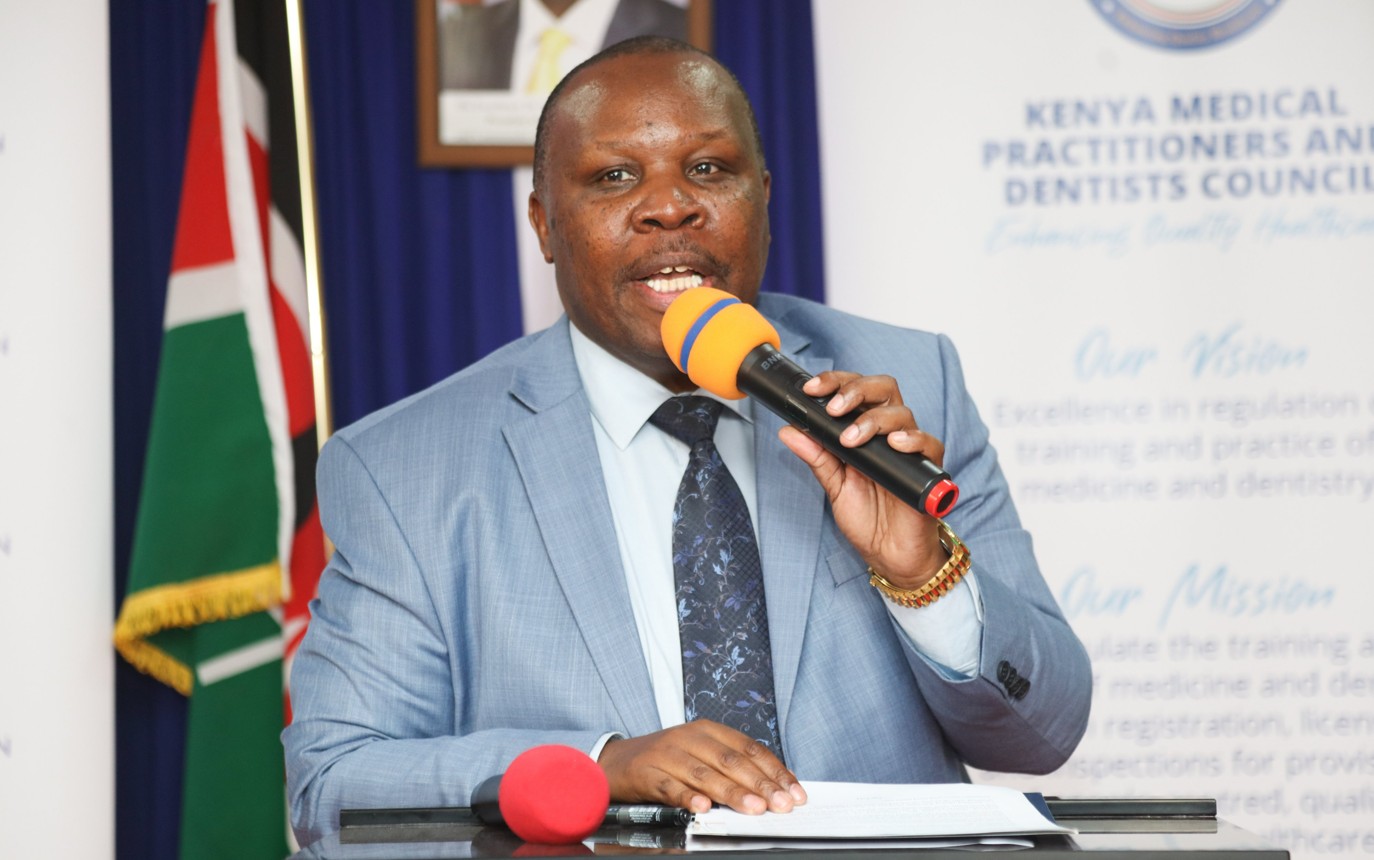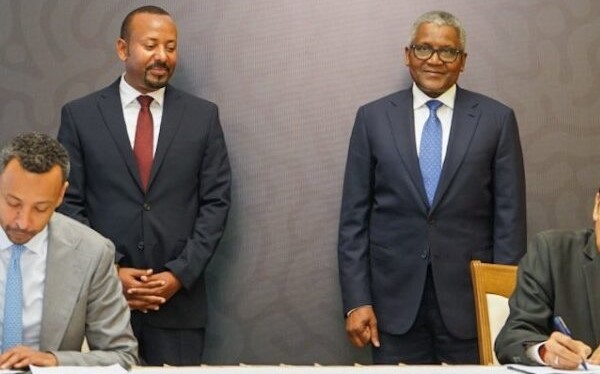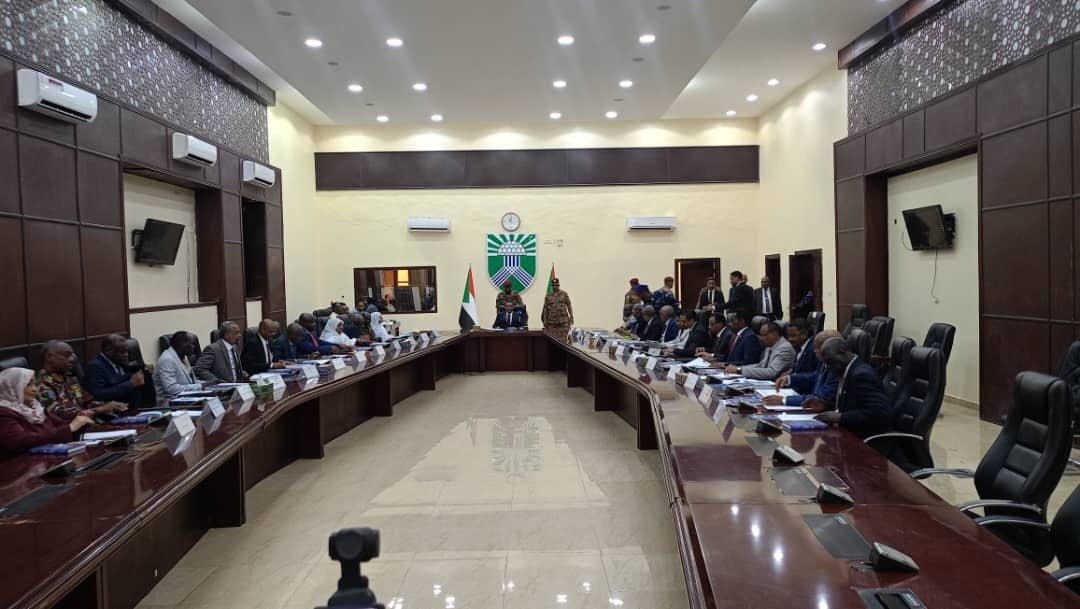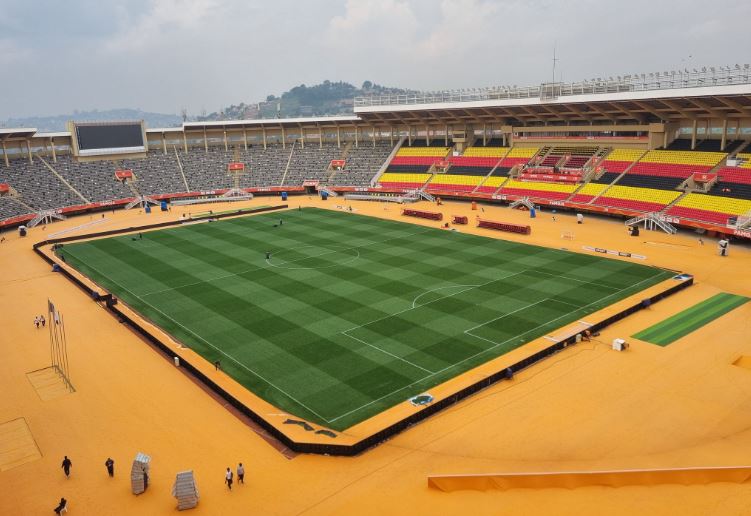Kenya to require foreign oil firms to partner locally under new EPRA regulations
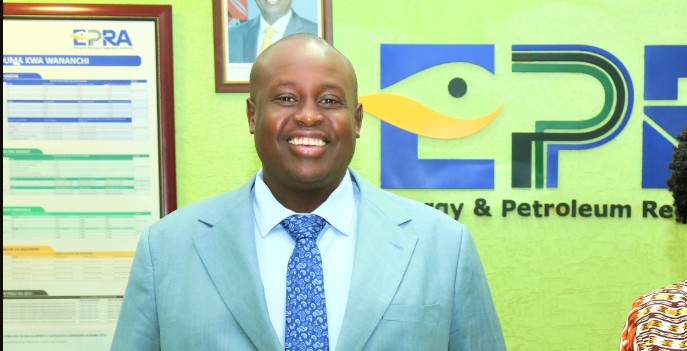
The Energy and Petroleum Regulatory Authority has outlined several proposed rules aimed at boosting local participation, tightening cost oversight, and protecting the environment as Kenya prepares for commercial oil production.
Foreign oil and gas companies will soon be required to partner with local firms and give priority to Kenyan goods and services under new draft regulations designed to ensure the country fully benefits from its emerging hydrocarbon sector.
The Energy and Petroleum Regulatory Authority (EPRA) has outlined several proposed rules aimed at boosting local participation, tightening cost oversight, and protecting the environment as Kenya prepares for commercial oil production.
More To Read
- KETRACO officials under fire over Sh7 billion Inabensa contract penalty
- MPs unlock funds to revive 13 mini-grids in six remote counties
- Fuel prices set to rise in 2026 following EPRA’s profit formula changes
- EPRA under fire for Sh20m advance payment on vehicles still in production
- Energy CS Opiyo Wandayi under fire as MPs question impact of Sh1.4 trillion oil deal
- Motorists demand full refund of road levies, say fuel price hike illegal
The draft Petroleum (Local Content) Regulations, 2025—part of seven new regulatory frameworks set to be unveiled on Friday—cover the entire petroleum value chain, from exploration to transportation. They emphasise local involvement, cost management, and environmental safeguards.
EPRA said the new rules are intended to guide the sector’s growth while protecting Kenya’s interests.
“These regulations are crucial in guiding petroleum exploration and ensuring the country avoids the pitfalls experienced in other oil-rich African nations like Sudan and Nigeria, where resource mismanagement has led to conflict. The government plans to ensure that Kenyans fully benefit from the country’s petroleum resources,” EPRA Director-General Daniel Kiptoo said.
Public participation forums are currently being held in Meru, Isiolo, Marsabit, Tharaka Nithi, Embu, Laikipia, and Samburu counties, where stakeholders are being briefed on the objectives, penalties, and permit costs under the draft rules. These regulations address licensing, insurance, land access, cost management, environmental protection, health and safety, and equipment handling.
Draft regulations under review
The seven draft regulations under review are the Petroleum (Upstream Petroleum Access to Land) Regulations, 2025, the Petroleum (Upstream Petroleum Management and Administration) Regulations, 2025, the Petroleum (Midstream Crude Oil and Natural Gas Pipeline and Storage Operations) Regulations, 2025, the Petroleum (Upstream and Midstream Environment, Health and Safety) Regulations, 2025, the Petroleum (Local Content) Regulations, 2025, the Petroleum (Upstream Petroleum Operations) Regulations, 2025 and the Petroleum (Upstream Petroleum Cost Management) Regulations, 2025.
Kiptoo explained that these rules are anchored in the Petroleum Act, which governs contracting, exploration, development, production, and cessation of upstream operations.
“The Act also provides for the negotiation of production-sharing contracts between oil companies and the government through the Cabinet Secretary for Petroleum. EPRA operates under the Energy Act and regulates all aspects of the petroleum value chain, from exploration, production, and transportation to sale,” he said.
Kenya began oil exploration in Turkana in 2012, transporting about 200,000 barrels for testing. However, commercial production has faced delays due to operational challenges.
To support the sector, the government allocated Sh1.67 billion in the 2024/2025 budget for research, feasibility studies, and development of the Lokichar-Lamu crude oil pipeline and the South Lokichar oil field. The pipeline will carry crude oil to Mombasa for export.
Under the proposed Local Content rules, international operators, contractors, and subcontractors will be required to use Kenyan goods, services, and labour wherever possible.
Train local staff
Companies must also train local staff and develop multi-year research and development plans with Kenyan institutions. Kenya’s Lokichar oil fields are estimated to hold 560 million barrels, with production projected to reach 80,000 barrels per day.
“The regulations aim to promote the participation of Kenyans and their value creation in the petroleum sector. They provide a legal and operational framework to ensure that Kenyans and Kenyan businesses benefit meaningfully,” EPRA said.
Other proposed rules include stricter frameworks for upstream cost management, enhanced safety and technical standards for pipeline and storage operations, and clearer procedures for land access and community resettlement.
EPRA is also holding a public consultation workshop in Nairobi, giving stakeholders an opportunity to provide feedback on the proposals, which are intended to attract investment while ensuring responsible resource management.
Top Stories Today
